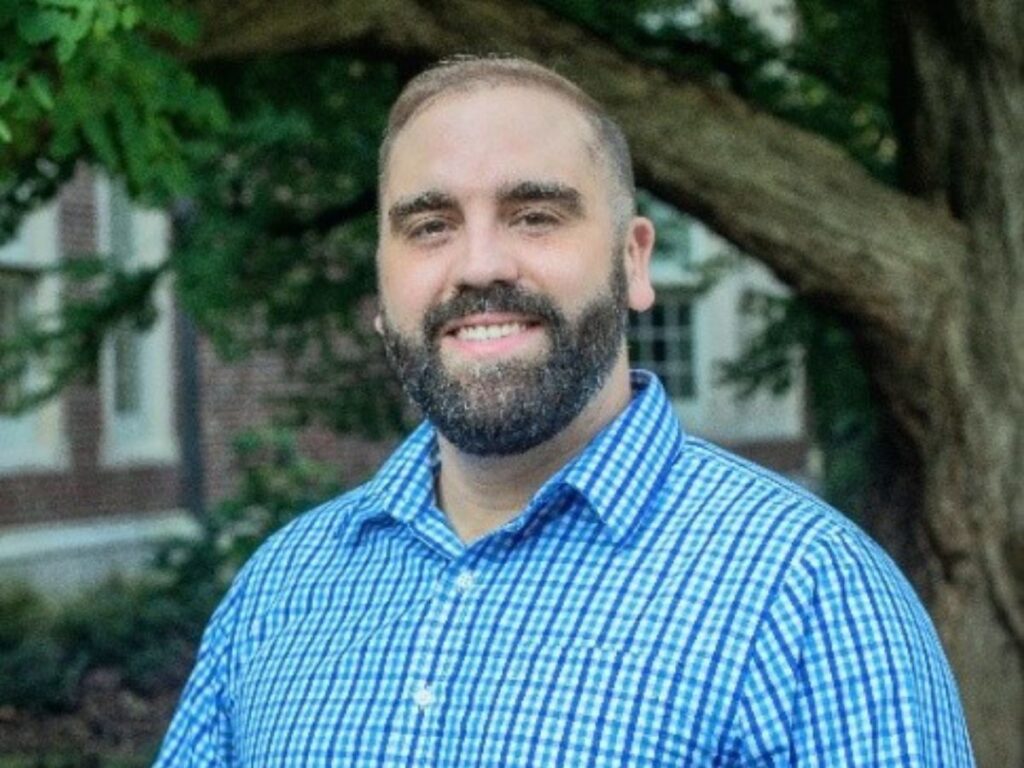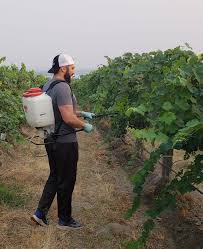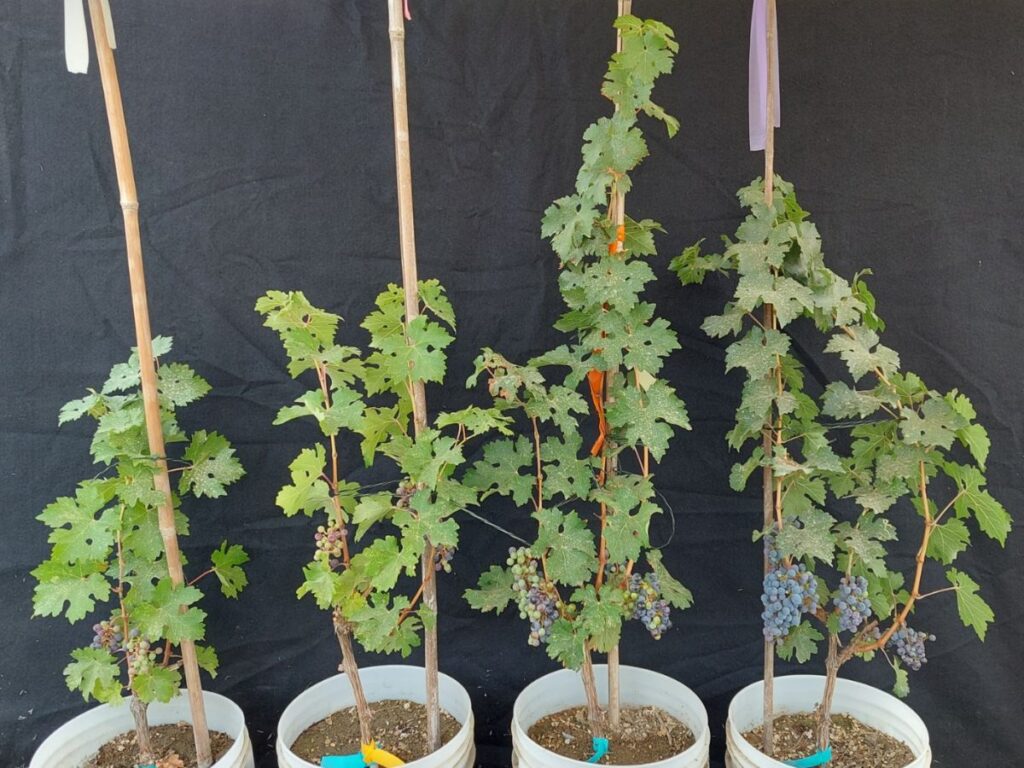
Dr. Pierre Davadant is the new assistant professor of viticulture at the University of Tennessee, Knoxville. His research focuses on identifying grape varieties best adapted to Tennessee’s climate and developing vineyard practices that reduce frost risk, control vigor, and improve fruit and wine quality.
Central to his vision is exploring Tennessee’s hidden terroir: understanding how the state’s soils, climate, and growing conditions contribute to the identity of its wines.
Born and raised in France, Dr. Davadant’s passion for wine began with his grandfather, a wine and geology enthusiast, who taught him that vineyard soils and sites shape a wine’s character. He earned a Master’s degree in Agriculture from École d’Ingénieurs de Purpan (Toulouse, France) and a Master’s in Viticulture and Enology from SupAgro (Montpellier, France).
He earned his PhD in Horticulture at Washington State University under Dr. Markus Keller, where he studied grapevine nitrogen nutrition and showed that foliar nitrogen applied at veraison improves fruit yeast-assimilable nitrogen (YAN) at harvest while supporting long-term vine nutrition.


Dr. Davadant’s professional journey includes experience in some of the world’s most renowned wine estates. At Château Pédesclaux, a Fifth Growth of Bordeaux, he conducted a survey on 80 acres of Pauillac vineyards planted on sandy-gravelly soils, guiding rootstock and cultivar selection. At Domaine du Closel in Savennières, he learned organic and biodynamic vineyard management for producing world-class Chenin Blanc wines. He also gained winemaking experience in Pauillac, Saint-Estèphe, Savennières, Châteauneuf-du-Pape, and in California at Hafner Vineyard and Vérité Winery, both in Sonoma, deepening his understanding of terroir-driven winemaking across diverse regions.
His global perspective was further strengthened through completion of the Wine and Spirit Education Trust (WSET) Level 4 Diploma, as well as study trips to vineyards in Hungary, the Netherlands, England, Italy, and the U.S. These experiences reinforced his conviction that a wine’s sensory profile is strongly influenced by the natural environment where the variety grows, and that viticultural practices can fine-tune fruit quality, while winemaking can only preserve (not invent) that quality.
In addition to research and industry experience, Dr. Davadant is passionate about education. He spent six years as a teaching faculty member at École Supérieure d’Agriculture (Angers, France), where he developed courses in viticulture and enology, directed seven agricultural bachelor’s programs, and built international partnerships.
At UT, Dr. Davadant dedicates 75% of his time to research and 25% to teaching. His program examines what the state’s environment can offer for grape growing, while addressing challenges of high rainfall, heavy disease pressure, and frequent spring frost. Tennessee’s three distinct subregions (East, Middle, and West) each present opportunities for evaluating terroir differences. His approach combines field trials with growers, experiments at UT’s future experimental vineyard, and controlled studies in greenhouse conditions. He also seeks to link viticultural practices to the sensory profile of wines, ensuring that management decisions ultimately enhance wine quality.
Through this work, Dr. Davadant aims to strengthen Tennessee’s developing wine industry and support growers in producing wines of the highest quality. His research will benefit not only Tennessee but also the broader southeastern U.S. and other winegrowing regions worldwide facing similar climatic challenges.